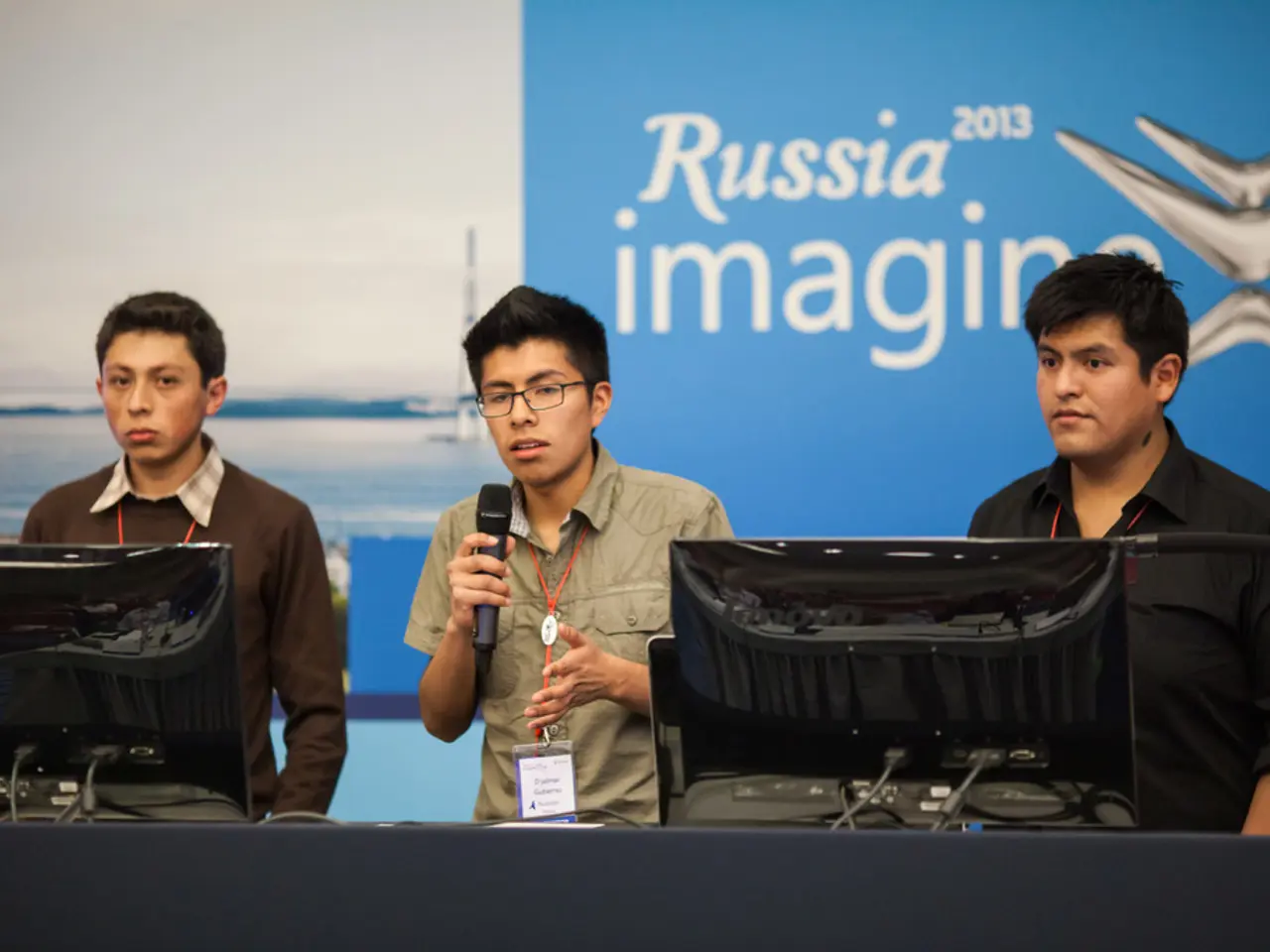Russia's Persistent Course of Action Over Time
In recent years, Russia and China have been strengthening their partnership, moving away from the tumultuous history that has marked their relationship. This strategic alliance, currently not the brittle alliance some Western capitals imagine, has been a response to complex regional challenges and a shared focus on key issues.
Turkey and Italy, too, have developed a close government-level cooperation, particularly in combating illegal immigration and defense. Their partnership, spanning various sectors, has seen trade volumes exceeding $32 billion, with plans to reach $40 billion. Meanwhile, Vietnam and China have also strengthened their comprehensive strategic cooperative partnership, emphasizing solidarity, political trust, and stable, sustainable relations.
The relationship between Moscow and Beijing at the government level remains strong, despite the tense history following Russia's annexation of some Chinese territories in the late 19th century. This historical enmity, however, seems to have been overshadowed by mutual interests and a shared desire for stability.
Moscow and Beijing's focus on their eastern frontiers is evident. For Russia, Siberia remains a strategic priority, a vast expanse that stretches across 11 time zones from west to east and shares the world's longest land border with China. The rapid demographic decline in China reduces the likelihood of threats to Siberia from its southern border, providing a measure of reassurance.
The Kremlin views the loss of vast territories in Central Asia, the Caucasus, Ukraine, and the Baltics as significant. This perspective is rooted in the historical expansion westward of the Russian elite during the Czarist era, which ultimately reached its greatest territorial extent as the Soviet Union in 1945.
The collapse of the Soviet Union in the 1990s is seen by President Vladimir Putin as a historic catastrophe and is widely regarded as such within Russia. This event has influenced Russia's current political doctrine, which includes a pivot to Asia, as Russia seeks to rebuild its influence in the region.
Trust in the West has been lost by Moscow for a number of reasons, leading to a shift in focus towards Asia. There is ongoing concern over NATO's strong presence in neighboring countries, adding to the sense of strategic necessity for Russia's eastern alliances.
The idea of driving a wedge between Russia and China seems improbable at present. Both nations are focused on their own interests and the challenges they face, and their partnership appears to be a stabilizing influence in the region. As they continue to strengthen their ties, the world watches with interest to see how this relationship will evolve in the years to come.
Read also:
- United States tariffs pose a threat to India, necessitating the recruitment of adept negotiators or strategists, similar to those who had influenced Trump's decisions.
- Weekly happenings in the German Federal Parliament (Bundestag)
- Southwest region's most popular posts, accompanied by an inquiry:
- Discussion between Putin and Trump in Alaska could potentially overshadow Ukraine's concerns








